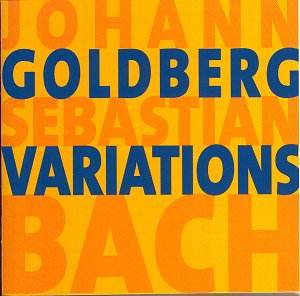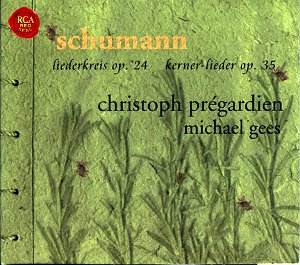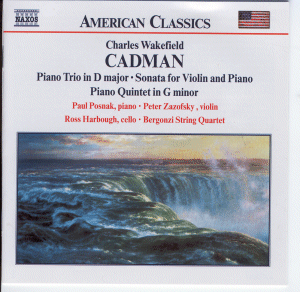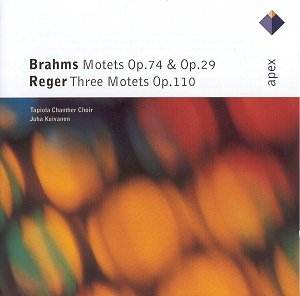 Composer: Johann Sebastian Bach
Composer: Johann Sebastian Bach
Works: Goldberg Variations, BWV 988
Performers: Ekaterina Dershavina, piano
Recording: November 1994, Musikstudio 1 of the Saarländischer Rundfunk
Label: ARTE NOVA 74321 34011 2
The Goldberg Variations stand as one of the pinnacles of keyboard literature, embodying not only Bach’s mastery of counterpoint but also his profound understanding of the human experience expressed through music. Composed for the harpsichord and often associated with the concept of ‘affect,’ these variations were intended as both a pedagogical tool and a source of entertainment for the aristocracy. Ekaterina Dershavina’s interpretation, recorded in 1994, brings a fresh and energetic perspective to this venerable work, making it a noteworthy addition to the ongoing discourse surrounding Bach’s oeuvre.
Dershavina’s approach to the Goldberg Variations is marked by her rhythmic vitality and a palpable sense of engagement with the music. Her tempos, notably brisk but not excessively so, result in a performance that is full of life. For instance, in the faster variations, such as Variation 15, she showcases remarkable technical prowess and clarity; the runs up and down the keyboard are executed with a precision that feels both exhilarating and effortless. This particular interpretation stands out for its ability to convey the inherent joy and exuberance of the music, reflecting Bach’s playful spirit. However, there are moments, such as in Variation 26, where the rhythmic flow falters slightly, suggesting the need for a more consistent grasp of tempo.
Dynamic contrast is another strength of Dershavina’s interpretation. She navigates the delicate balance between loud and soft passages with finesse, enhancing the emotional depth of the work. Variation 5, characterized by its rapid and flowing nature, benefits from her nuanced touch, while Variation 25, the longest of the set, is rendered with an exquisite tenderness. Here, Dershavina’s phrasing is particularly noteworthy; she adds subtle nuances that breathe new life into the music, creating a deeply sensual interpretation. It is in this variation that she strays from strict adherence to the written score, yet her embellishments feel organic rather than excessive, aligning perfectly with Bach’s spirit of improvisation.
The recording quality of this release is commendable, capturing the clarity and resonance of the piano beautifully. The engineering allows for a transparent sound that highlights the intricacies of Dershavina’s playing. Each note is distinctly articulated, providing an immersive listening experience that is crucial for a work as complex as the Goldberg Variations. The decision to record in a studio setting lends a polished quality, yet it does not detract from the intimacy of the performance.
When juxtaposed with other notable renditions, such as those by Glenn Gould or András Schiff, Dershavina’s performance offers a unique perspective. While Gould’s interpretations are often characterized by their eccentricity and idiosyncratic phrasing, Dershavina’s playing is marked by a more traditional adherence to the score balanced with a lively interpretation. Her ability to convey both the technical demands and the emotional breadth of the variations positions her among the elite interpretations of this work.
Ekaterina Dershavina’s recording of the Goldberg Variations stands out for its blend of technical skill, emotional depth, and freshness of interpretation. Her rhythmic energy in the faster variations, combined with the tenderness she brings to the slower passages, results in a performance that is both captivating and authoritative. Despite minor lapses in rhythmic consistency, the overall quality of this recording shines brightly. It offers an accessible yet profound exploration of one of Bach’s most beloved works, deserving of a place in any serious collection of classical piano recordings.



